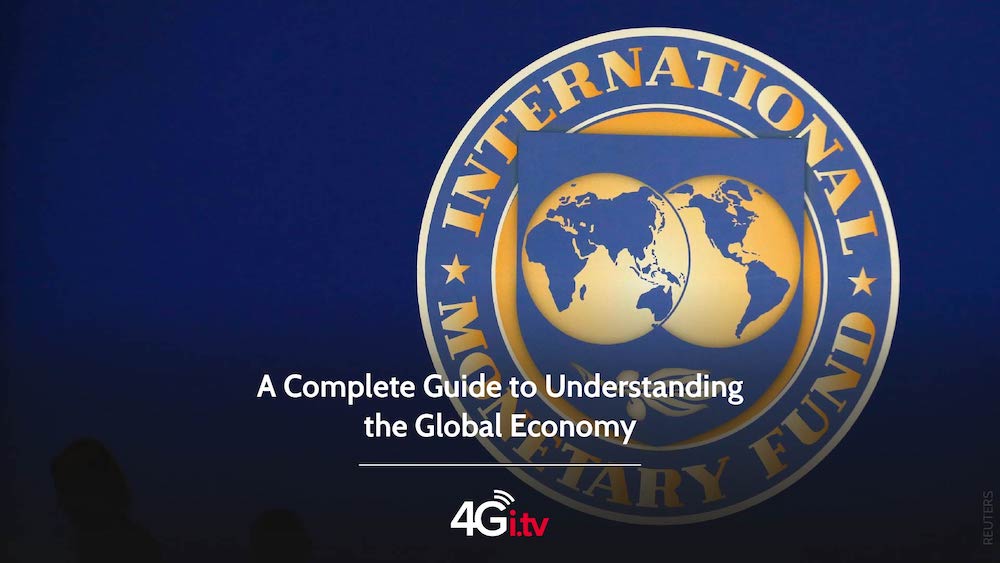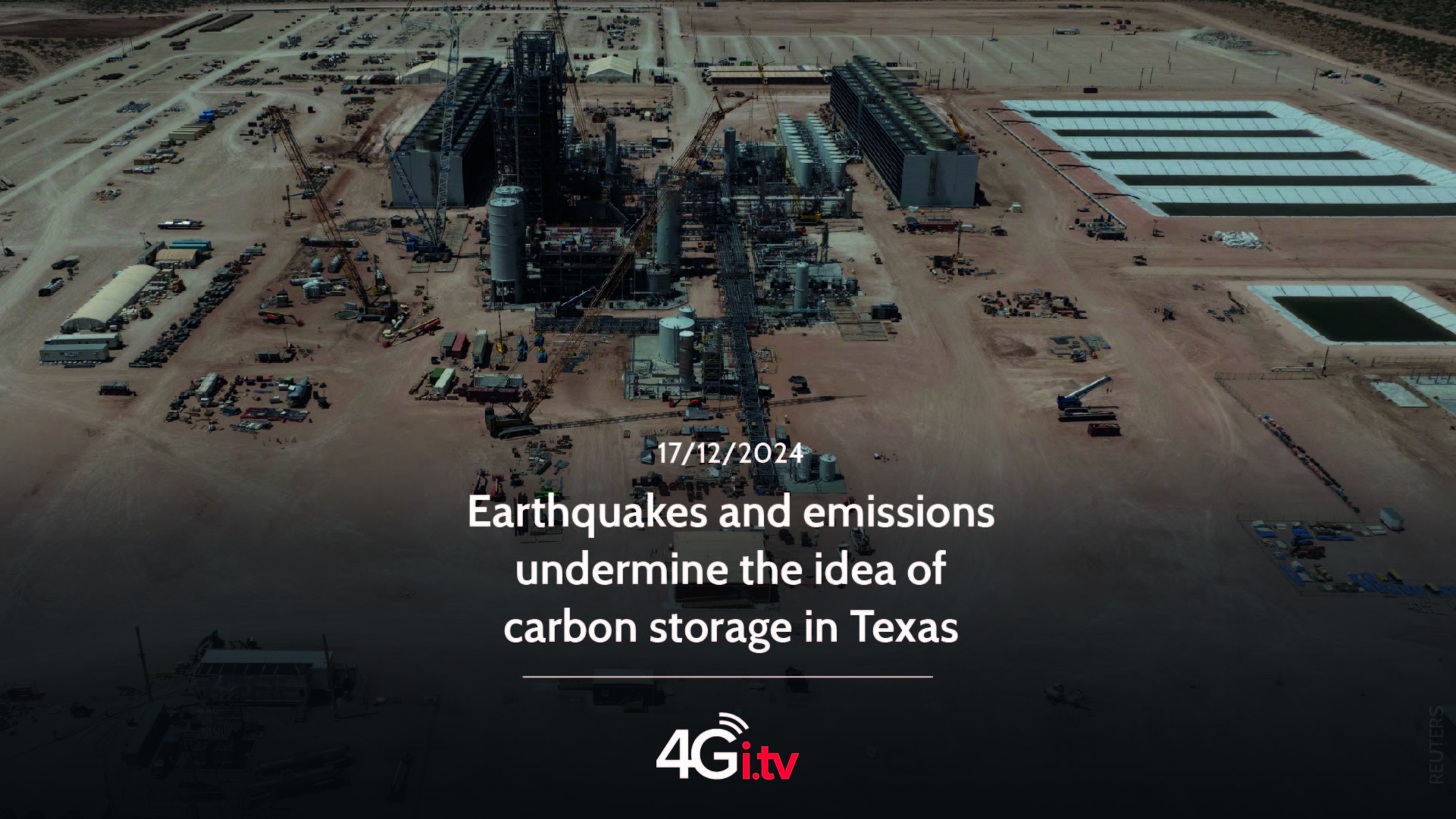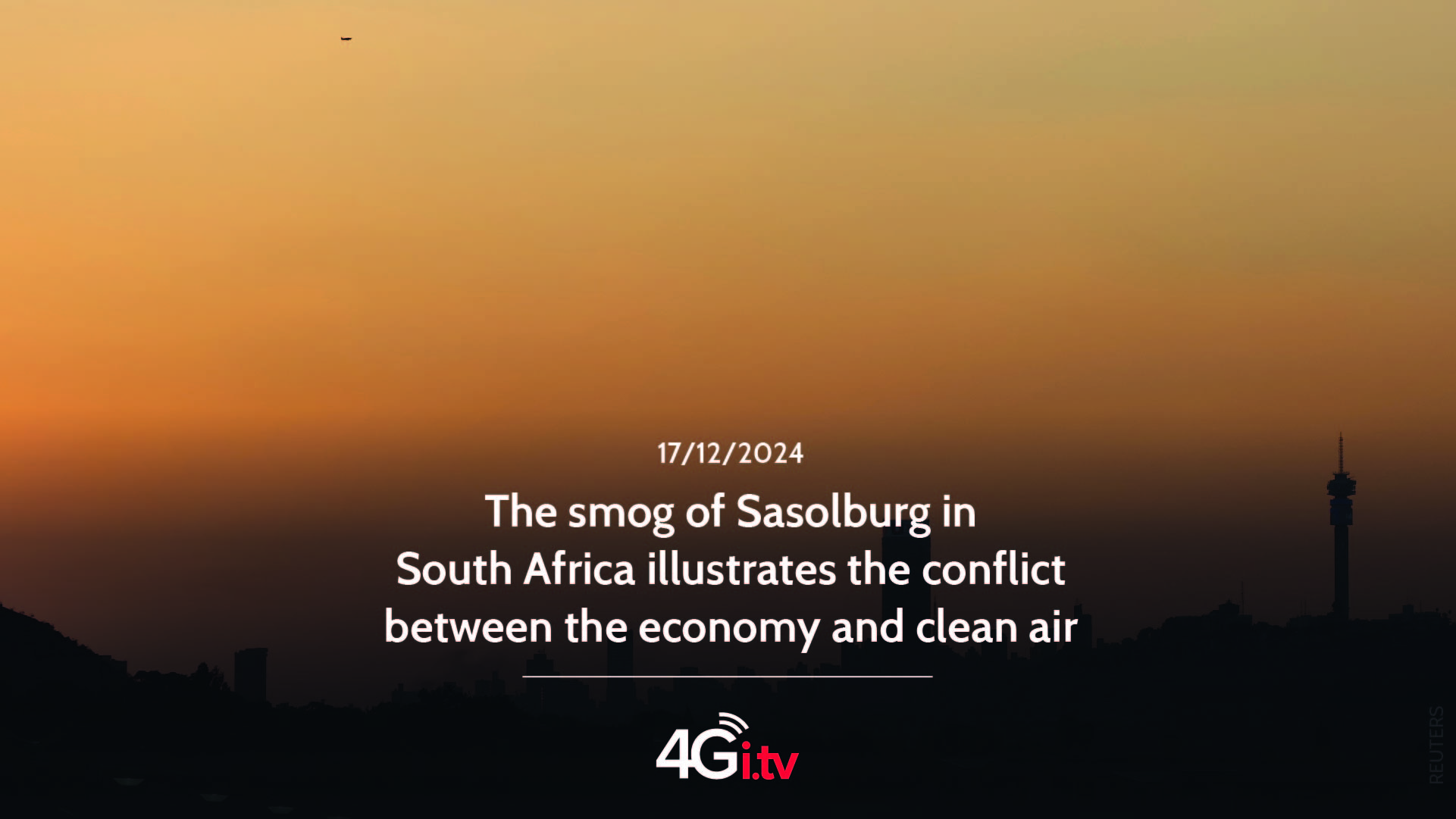Complete Guide to Understanding the Global Economy

Do you want a complete guide about the Global Economy? In this article you have it. Understand about the economy and what is to come with 4G.
The global economy is a complex concept that encompasses the interconnection of countries, corporations and international organizations in an interdependent economic system. This guide seeks to unravel the key aspects that define the global economy, from its definition to the influence of emerging economies and the impact of international monetary and fiscal policies.
What is the Global Economy?
Global economics refers to the study of economic interdependence between countries around the world. In this system, the economic actions of one nation can have significant effects on others, creating an environment in which local decisions can have global repercussions.
Globalization, the international exchange of goods, services, technology and information, is a fundamental component of the global economy. This phenomenon has been driven by technological advances that have brought economies closer together and allowed greater integration on the world stage.
The Historical Evolution of Markets and International Trade
To understand the global economy, it is essential to explore the historical evolution of markets and international trade. From the trade routes of ancient times to the Industrial Revolution and the creation of international organizations such as the World Trade Organization (WTO), each phase has contributed to the complexity and interconnectedness of today’s global economy.
Economic history teaches us how collaboration and competition between nations have shaped markets and influenced trade policies, marking milestones that have led to the current configuration of the global economy.
Main Actors in the Global Economy
The global economy is driven by various actors, including countries, corporations and international organizations. Let’s examine how these actors interact and affect the global economic scenario.
Countries, Corporations and International Organizations
Countries are fundamental actors in the global economy, since their policies, trade decisions and international agreements directly influence global economic dynamics. The ability of countries to engage in international trade, establish strategic alliances, and manage sound economic policies affects global stability and growth. Additionally, multinational corporations play an essential role in expanding their operations across borders, impacting production, employment and investment in multiple nations.
On the other hand, international organizations, such as the International Monetary Fund (IMF) and the World Trade Organization (WTO), play a coordinating role in setting standards and promoting economic cooperation among nations. The interaction between these actors creates a complex and interdependent economic environment.
The Influence of Emerging Economies
In recent decades, emerging economies have played an increasingly prominent role in the global economy, challenging traditional economic structures. China, India, Brazil and other countries have experienced rapid economic growth, altering the balance of power globally. The influence of these emerging economies extends across diverse industries, from manufacturing to technology, contributing significantly to international trade and foreign investment.
Understanding how these economies affect the global economic landscape is essential to anticipating changes in trade and financial dynamics, as their role continues to evolve and shape the future of the global economy.
Understanding Global Financial Markets
Financial markets are the heart of the global economy, being the places where financial assets are traded. We will explore the currency, stock and bond markets, as well as the impact of international monetary and fiscal policies.
Currency, Stock and Bond Markets
Currency, stock and bond markets are fundamental pillars in the global financial architecture. The foreign exchange market facilitates the exchange of currencies between countries, being vital for international trade. Fluctuations in exchange rates can have a significant impact on the competitiveness of nations and global economic stability.
On the other hand, stock markets represent partial ownership of companies, allowing investment and capital raising. Global stock exchanges, such as Wall Street and the Tokyo Stock Exchange, are key indicators of global financial health. Additionally, bond markets, where government and corporate debt are traded, are crucial for financing projects and stabilizing economies.
The Impact of International Monetary and Fiscal Policies
Monetary policies, related to the money supply and interest rates, and fiscal policies, related to government revenues and expenditures, have a significant impact on the global economy. Decisions on interest rates, money supply and fiscal stimulus measures have direct consequences on financial markets. For example, changes in interest rates can affect investment flows and the value of currencies. Additionally, fiscal policies, such as public spending programs, can stimulate or slow down economic activity. Coordination between countries to address economic crises and stabilize markets is essential to maintaining a healthy global economic system.
Implementing harmonized measures can be challenging, but it is crucial to avoid imbalances that could adversely affect global financial stability. International collaboration in this area has become more crucial than ever in an increasingly interconnected world.
Economic Globalization and its Effects
Economic globalization has been a key catalyst in shaping the global economy. We will explore the associated benefits and challenges, as well as the impact of international trade on the global economy.
Benefits and Challenges of Globalization
Economic globalization has generated a series of notable benefits. Access to new markets has allowed companies to expand, fostering competition and stimulating innovation. Diversification of production has improved efficiency and optimized global supply chains. Furthermore, the transfer of technology and knowledge has accelerated progress in various industries.
However, globalization has also given rise to considerable challenges. Economic inequality between and within countries has increased, and vulnerability to global economic crises has increased. Unbridled competition can put pressure on wages and working conditions. Understanding and addressing these benefits and challenges is essential to making the most of globalization and mitigating its negative effects.
International Trade and its Impact on the Global Economy
At the heart of economic globalization is international trade, a key driver of global economic growth. We will explore how trade influences the global economy, examining its impacts on economic growth, competitiveness, and resource distribution.
International trade facilitates the exchange of goods and services between countries, generating economic opportunities and promoting development. Countries can specialize in the production of goods for which they have comparative advantages, fostering efficiency and economic growth. However, this process also presents challenges, such as economic dependence and vulnerability to changes in global market conditions.
Furthermore, international trade not only impacts individual countries, but also influences the global economy as a whole. Fluctuations in exchange rates, trade conflicts and economic crises can have domino effects, affecting multiple nations simultaneously.
Economic Crises and their Global Impact
Economic crises can have devastating effects on the global economy. We will examine historical case studies to understand the dynamics of these crises, as well as the prevention and management mechanisms that have been implemented to maintain global economic stability.
Historical Case Study
Examining historical economic crises provides valuable insights into underlying causes, global effects, and lessons learned. A prominent example is the Great Depression of 1929, which had a devastating impact on the global economy, affecting sectors such as trade, investment and employment.
Another relevant case is the 2008 financial crisis, originating from the collapse of the United States real estate market and spreading rapidly internationally. These historic events highlight the interconnectedness of economies and underscore the importance of understanding warning signs to prevent future crises. The analysis of these case studies provides valuable information to anticipate and mitigate the impacts of economic crises in the future.
Crisis Prevention and Management Mechanisms
The prevention and management of economic crises are essential to maintain global stability. International organizations, central banks and governments have implemented various mechanisms for this purpose. Coordination and supervision agreements between nations, such as the Basel accords for banking regulation, seek to strengthen the resilience of the financial system.
Likewise, the International Monetary Fund (IMF) plays a crucial role in providing financial assistance and policy guidance to countries in crisis. At the national level, fiscal and monetary policies can be used to counteract the negative effects of a crisis. Detailed understanding of these mechanisms and their effective application are essential to avoid economic collapse and promote a rapid and sustainable recovery.
In conclusion, the study of economic crises and the mechanisms designed to prevent and manage them is essential in a world characterized by economic interconnection. Learning from history and adopting globally coordinated approaches are critical steps to building a more resilient economy capable of meeting significant economic challenges.
Future Trends in the World Economy
The global economy is constantly evolving. We will investigate future trends, focusing on technological innovations and changes in global trade that will shape the global economic landscape in the coming years.
Technological Innovations and their Economic Impact
Technological innovations are rapidly transforming the global economy, generating changes in production, distribution and consumption. The impact of artificial intelligence, automation and digitalization extends to various industries, disrupting traditional ways of working and generating unprecedented efficiencies. These innovations not only drive economic growth, but also pose challenges, such as the automation of certain jobs and the need for a highly skilled workforce. Taking advantage of these technological innovations will be essential to maintain global competitiveness and to guide economic policies towards a sustainable and equitable future.
Changes in Global Trade and New Economies
Global trade is undergoing significant changes, marked by the emergence of new economic powers, the reconfiguration of supply chains and the adoption of more sustainable approaches. The rise of emerging economies and their active participation in international trade are altering the balance of economic power. In addition, digitalization is facilitating e-commerce and allowing companies to reach global markets more directly. These changes in global trade will not only affect economic relations between countries, but will also create new opportunities and challenges for companies and workers.
Current and Future Challenges
The global economy faces significant challenges today and others are anticipated in the future. Examining these challenges is crucial to understanding the complexity and ever-changing dynamics of the global economy. Factors such as rapid population growth, scarcity of natural resources and the threat of climate change raise questions about the sustainability of the current economic model. The urgency to find sustainable solutions is intensifying as the global community seeks to balance economic growth with environmental responsibility.
Climate Change and Sustainability
One of the most pressing challenges is climate change and the need to address sustainability. Economic activities have often contributed to environmental deterioration, and it is essential to adopt measures that balance economic growth with resource conservation and climate change mitigation. The transition towards sustainable practices is presented as an imperative to guarantee a healthy and sustainable economic future at a global level.
Economic Inequalities and the Fight against Poverty
Another significant challenge is the persistence of economic inequalities and the fight against poverty. Despite economic progress, many regions and populations continue to face challenges related to the unequal distribution of wealth and lack of access to economic opportunities. Addressing these disparities has become essential to building a more just and equitable global economy, promoting inclusive and sustainable development. Initiatives that promote education, equal opportunities and investment in social infrastructure can play a crucial role in reducing economic gaps.
Conclusions
In conclusion, the global economy is a complex system that is influenced by a variety of factors. From globalization to current and future challenges, understanding the interconnectedness of these elements is essential to successfully navigate the global economic landscape. International collaboration and commitment to sustainable economic practices are critical to addressing challenges and building a more resilient and equitable economic future.
Summary of Future Outlook
Looking ahead, the global economy is destined to face significant changes. The integration of emerging technologies, the evolution of financial markets and geopolitical dynamics will play a crucial role in determining future direction. Adapting to these transformations will require a deep understanding of the forces driving change and the ability to anticipate and respond effectively to challenges that may arise. Collaboration between the public and private sectors will be essential to drive innovation and address emerging economic challenges effectively.
The Importance of Economic Understanding in a Connected World
In an increasingly connected world, the importance of economic understanding is magnified. Local economic decisions have global repercussions, and the ability to interpret and anticipate changes in the economic environment becomes essential. Economic education and awareness of the factors that influence the global economy are fundamental tools for individuals, governments and companies in making informed decisions that contribute to sustainable and equitable development worldwide. In this context, continuous learning and adaptability become valuable assets to thrive in a dynamic global economic environment.
POPULAR POSTS

Earthquakes and emissions undermine the idea of carbon storage in Texas
December 17, 2024


Rescuers search for cyclone survivors in devastated Mayotte
December 17, 2024

“Gilmore Girls” airs for a second season on Hulu
December 17, 2024
LIVE STREAM



